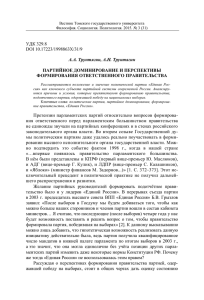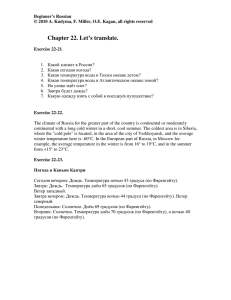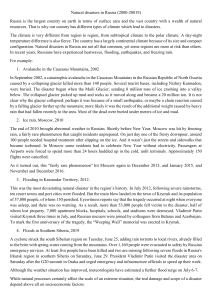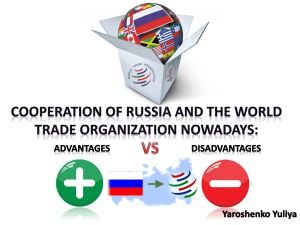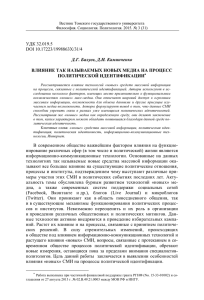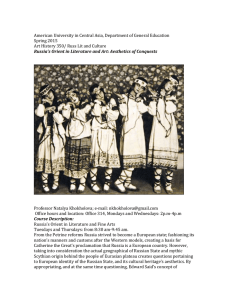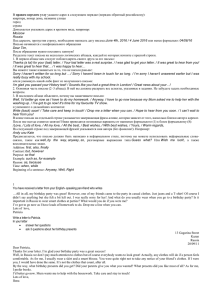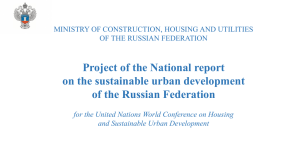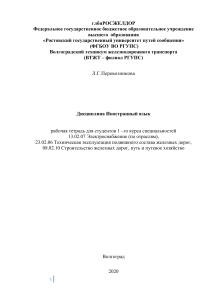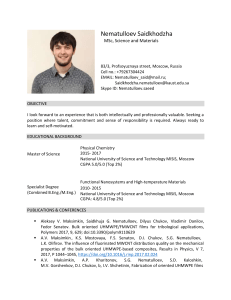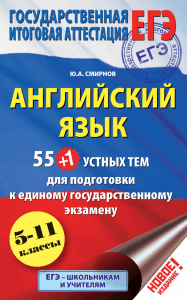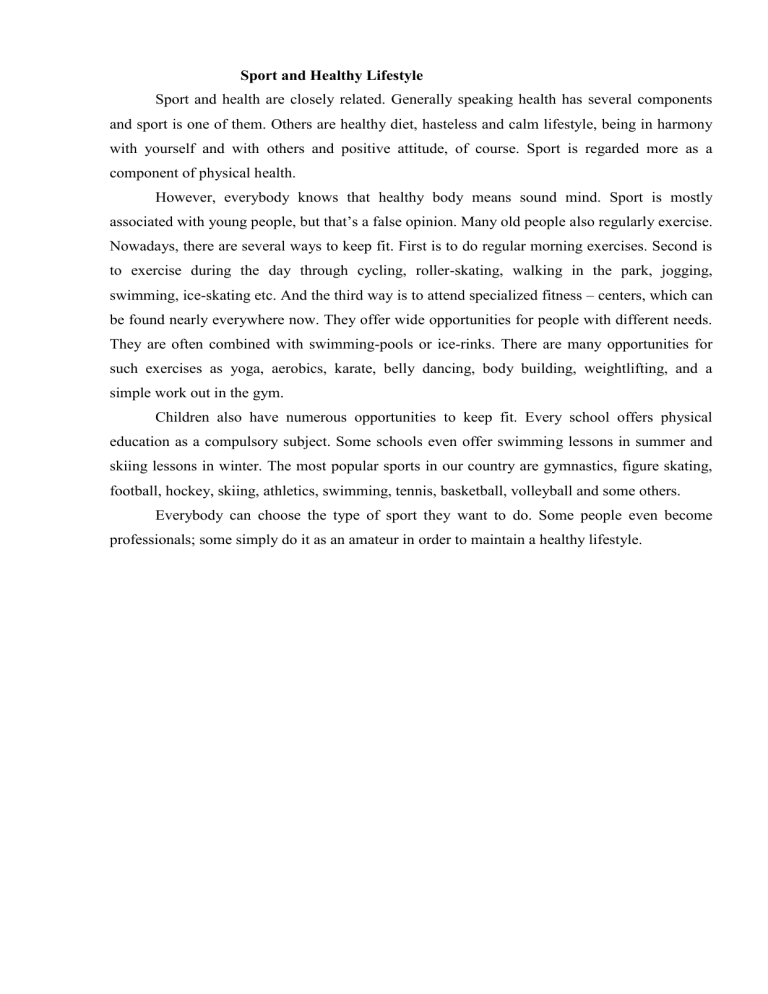
Sport and Healthy Lifestyle Sport and health are closely related. Generally speaking health has several components and sport is one of them. Others are healthy diet, hasteless and calm lifestyle, being in harmony with yourself and with others and positive attitude, of course. Sport is regarded more as a component of physical health. However, everybody knows that healthy body means sound mind. Sport is mostly associated with young people, but that’s a false opinion. Many old people also regularly exercise. Nowadays, there are several ways to keep fit. First is to do regular morning exercises. Second is to exercise during the day through cycling, roller-skating, walking in the park, jogging, swimming, ice-skating etc. And the third way is to attend specialized fitness – centers, which can be found nearly everywhere now. They offer wide opportunities for people with different needs. They are often combined with swimming-pools or ice-rinks. There are many opportunities for such exercises as yoga, aerobics, karate, belly dancing, body building, weightlifting, and a simple work out in the gym. Children also have numerous opportunities to keep fit. Every school offers physical education as a compulsory subject. Some schools even offer swimming lessons in summer and skiing lessons in winter. The most popular sports in our country are gymnastics, figure skating, football, hockey, skiing, athletics, swimming, tennis, basketball, volleyball and some others. Everybody can choose the type of sport they want to do. Some people even become professionals; some simply do it as an amateur in order to maintain a healthy lifestyle. Astrakhan. Astrakhan is the centre of Astrakhan region. It is situated in the south of the European part of Russia. Astrakhan stands on the river Volga not far from the Caspian Sea. Astrakhan was founded in 1558. In the twentieth century Astrakhan has grown into a large city. 1 million people live in Astrakhan region and half a million live in the town. Astrakhan is a great sea port of Russia. We can say that Astrakhan is an industrial centre. There are many plans and factories, which produce machines, ships, boats, textile, food. There is a big gas processing complex in our region. Astrakhan is called the town of fishermen. Astrakhan region is famous for red fish, black caviar and lotus. Astrakhan region is rich in vegetables and fruit (tomatoes, melons, water melons, rice, etc). Astrakhan is an important cultural centre with four theatres, three museums, Dogadin picture gallery, a big concert hall and Conservatoire. There are some beautiful places of interest in our town: the Kremlin, Lenin Square, Swan Lake, cinema-concert complex «October». Many outstanding people lived in our town: Chernyhevsky, Shevchenko, Tatishchev, Khlebnikov, Kustodiev and many others. A lot of actors and actresses were born in our town: Maksakova, Barsova, N. Babkina, V. Menshov, V. Steklov, E. Vitorgan and B. Nevzorov. We love our town and we are proud of it. EDUCATION IN RUSSIA People in our country have the right for education. It is our Constitutional right. But it is not only a right, it is a duty, too. Every boy and every girl in Russia must go to school, that is, they must get a full secondary education. So, when they are 6 or 7 years old they begin to go to school. There are thousands of schools in Russia. There are schools of general education, where the pupils study Russian (or a native language), Literature, Mathematics, History Biology, Music, Arts, Foreign Languages. There is also a number of specialised schools, where the pupils get deep knowledge of foreign languages, or Maths, or Physics. After finishing 9 classes of secondary school young people can continue their education at different kinds of technical schools or colleges. They not only learn general subjects, but receive a speciality there. Having finished a secondary school or a technical school, the young people start working, or they may enter an Institute or a University. Professional training makes it easier to get a higher education. As for high schools, there are a lot of them in our country. Some of them train teachers, others — doctors, engineers, architects, actors and so on. Many institutes have evening and extramural departments. That gives the students an opportunity to study at an institute without leaving their jobs at plants or factories. Words right — право duty — oбязанность secondary — среднее deep — глубокий general — общий to receive — получать training — обучение higher — высшее extra-mural — заочный opportunity — возможность The Russian Federation The Russian Federation is the largest country in the world. It occupies about one-seventh of the earth's surface. It covers the eastern part of Europe and the northern part of Asia. Its total area is about 17 million square kilometres. The country is washed by 12 seas of 3 oceans: the Pacific, the Arctic and the Atlantic. In the south Russia borders on China, Mongolia, Korea, Kazakhstan, Georgia and Azerbaijan. In the west it borders on Norway, Finland, the Baltic States, Byelorussia and Ukraine. It also has a sea-border with the USA. There is hardly a country in the world where such a variety of scenery and vegetation can be found. We have steppes in the south, plains and forests in the midland, tundra and taiga in the north, highlands and deserts in the east. There are two great plains in Russia: the Great Russian Plain and the West Siberian Lowland. There are several mountain chains on the territory of the country: the Urals, the Caucasus, the Altai and others. The largest mountain chain, the Urals, separates Europe from Asia. There are over two million rivers in Russia. Europe's biggest river, the Volga, flows into the Caspian Sea. The main Siberian rivers — the Ob, the Yenisei and the Lena — flow from the south to the north. The Amur in the Far East flows into Pacific Ocean. Russia is rich in beautiful lakes. The world's deepest lake (1600 meters) is Lake Baikal. It is much smaller than the Baltic Sea, but there is much more water in it than in the Baltic Sea. The water in the lake is so clear that if you look down you can count the stones on the bottom. Russia has one-sixth of the world's forests. They are concentrated in the European north of the country, in Siberia and in the Far East. On the vast territory of the country there are various types of climate, from arctic in the north to subtropical in the south. In the middle of the country the climate is temperate and continental. Russia is very rich in oil, coal, iron ore, natural gas, copper, nickel and other mineral resources. Russia is a parliamentary republic. The Head of the State is the President. The legislative powers are exercised by the Duma. The capital of Russia is Moscow. It is its largest political, scientific, cultural and industrial centre. It is one of the oldest Russian cities. At present, the political and economic situation in the country is rather complicated. There are a lot of problems in the national economy of the Russian Federation. But in spite of the problems Russia is facing at present, there are a lot of opportunities for this country to become one of the leading countries in the world. Moscow Moscow is the capital of Russia. Moscow is one of the biggest and most beautiful cities of the world. It is as well a great cultural and political centre of Europe. Moscow was founded in 1147 by Yuri Dolgoruky. The total area of the city is more than nine hundred square kilometres. Moscow is often called as "a port of five seas", because in Moscow ports you can see boats coming from the Baltic, the White, the Caspian and the Black seas and the sea of Azov. Moscow is an industrial centre too. A lot of manufacturing plants are situated there. One of the best known is Likhachev Automobile Plant producing a great number of different lorries and cars. There are a lot of theatres, museums, cinemas and libraries in Moscow. Tretyakov Art Gallery and Pushkin Fine Arts Museum are most famous among them. The Pushkin museum is called the treasure-house of Russian art. There are a lot of splendid buildings, wide avenues, large squares, famous monuments and green forest-like parks in Moscow. One of the highest and original buildings in Moscow is Moscow State University. The university was founded in 1755 by the great chemist, poet and thinker Mikhail Lomonosov. Moscow transport system is a great one. You can see a lot of cars, buses, trolley-buses and trams in the streets of the city. Electric trains bring millions people from and to suburbs and Moscow region small towns. There are nine railway stations in Moscow and four airports. Bus stations are numerous. Most of the people take metro to their work and back home. The Moscow metro began its work on the 15th of May 1935. There were 13 stations at that time. Now they are 152. Sport is very popular among moscovites. There are a lot of stadiums in Moscow. The Central Stadium is in Luzhniki. Many football matches are held there, 22nd Summer Olympic Games were held in Moscow in 1980. By that year Olympic village was built. There are a lot of training grounds and gyms besides residential buildings. I am proud of this city. Great Britain The full name of the country the United Kingdom of Great Britain and Northern Ireland The United Kingdom is situated on the British Isles.. Their total area is over 244 000 sq. km. The British Isles are separated from the European continent by the North Sea and the English Channel. The western coast of Great Britain is washed by the Atlantic Ocean and the Irish Sea. There are no high mountains in Great Britain. In the north the Cheviots separate England from Scotland, the Pennines stretch down North England along its middle, the Cambrian mountains occupy the greater part of Wales and the Highlands of Scotland are the tallest of the British mountains. There is very little flat country except in the region known as East Anglia. The Thames is the deepest and the longest of the British rivers. Some of the British greatest ports are situated in the estuaries of the Thames, Mersey, Trent, Tyne, Clyde and Bristol Avon. Great Britain is not very rich in mineral resources, it has some deposits of coal and iron ore and vast deposits of oil and gas that were discovered in the North Sea. The population of the United Kingdom is over 57 million people. The main nationalities are: English, Welsh, Scottish and Irish. Great Britain is a highly industrialized country. The main industrial centres are London, Birmingham, Manchester, Leeds, Liverpool, Glasgow and Bristol. The capital of the country is London. Politically, Great Britain is a parlamentary monarchy with strong democratic traditions. Nominally, the country is ruled by the King or the Queen. But in fact, the real head of the state is the Prime-Minister.
